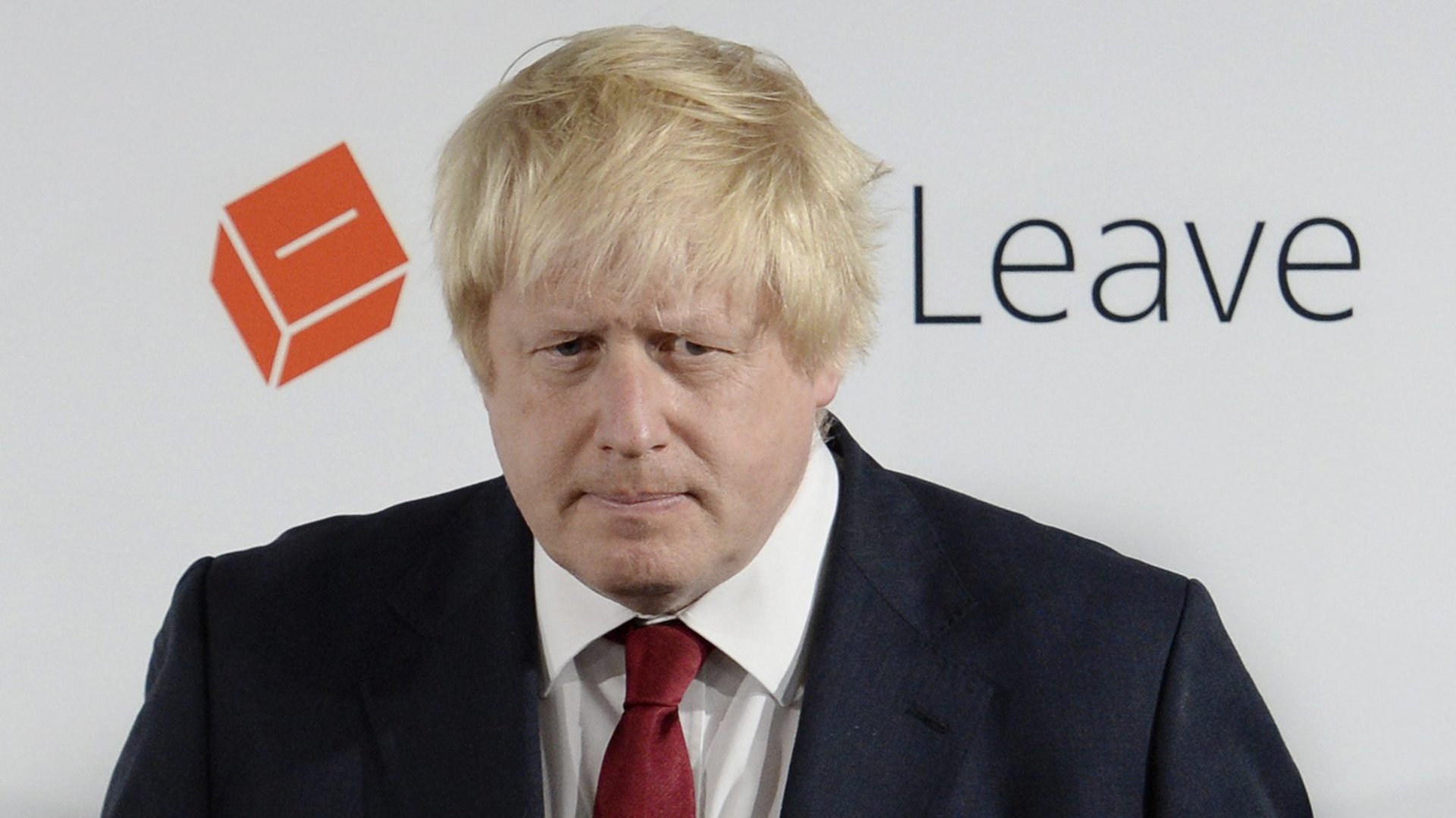With Brexit looming, the UK economy went into reverse
For the first time in seven years, the UK economy has shrunk on a quarterly basis. GDP contracted by 0.2% in the three months to June, versus the quarter before, a weaker-than-expected result. The decline was driven by production and construction, which fell by 1.4% and 1.3% respectively, with services adding just 0.1% growth.


For the first time in seven years, the UK economy has shrunk on a quarterly basis. GDP contracted by 0.2% in the three months to June, versus the quarter before, a weaker-than-expected result. The decline was driven by production and construction, which fell by 1.4% and 1.3% respectively, with services adding just 0.1% growth.
The contraction is a stark reversal of the first quarter’s relatively strong result. That earlier boost, however, was due to Brexit, as businesses stockpiled goods ahead of the original Brexit date of March 31, which is now scheduled for Oct. 31.
That temporary stockpiling bump has since disappeared, as businesses have begun using those goods set aside in case of a messy separation. Automakers also moved up their annual plant stoppages to April in order to avoid potential Brexit disruptions after its original deadline.
News about the faltering economy caused the pound to hit a new two-year low against the euro and a 31-month low against the US dollar. With few signs of an upturn in the current quarter, the UK may be headed for consecutive quarters of negative growth, which would amount to a technical recession.
The GDP miss and jitters in the pound reflect fears that Brexit, particularly the “no-deal” variety, could do lasting economic damage to the UK. Since Boris Johnson became prime minister last month, thanks in part to his hardline stance on leaving the EU by the Oct. 31 deadline “do or die, come what may,” the odds of a no-deal Brexit have shot up.
But as the past three years of uncertainty has shown, a lot could change between now and then. Johnson’s Conservatives have a working majority of just one parliamentary seat, giving the government very little room for maneuver. Opposition leader Jeremy Corbyn of the Labour party is expected to call a no-confidence motion in Johnson when parliament resumes in early September.